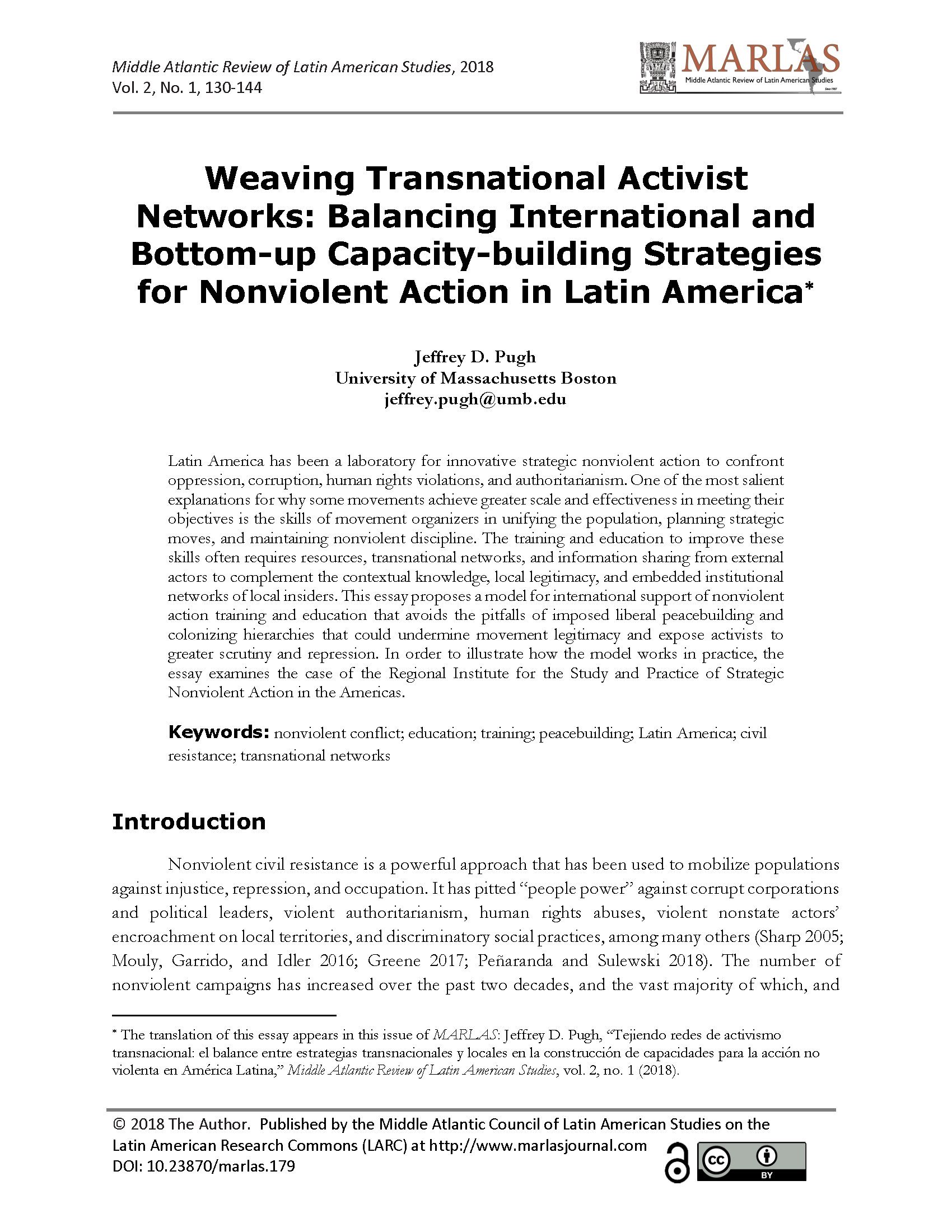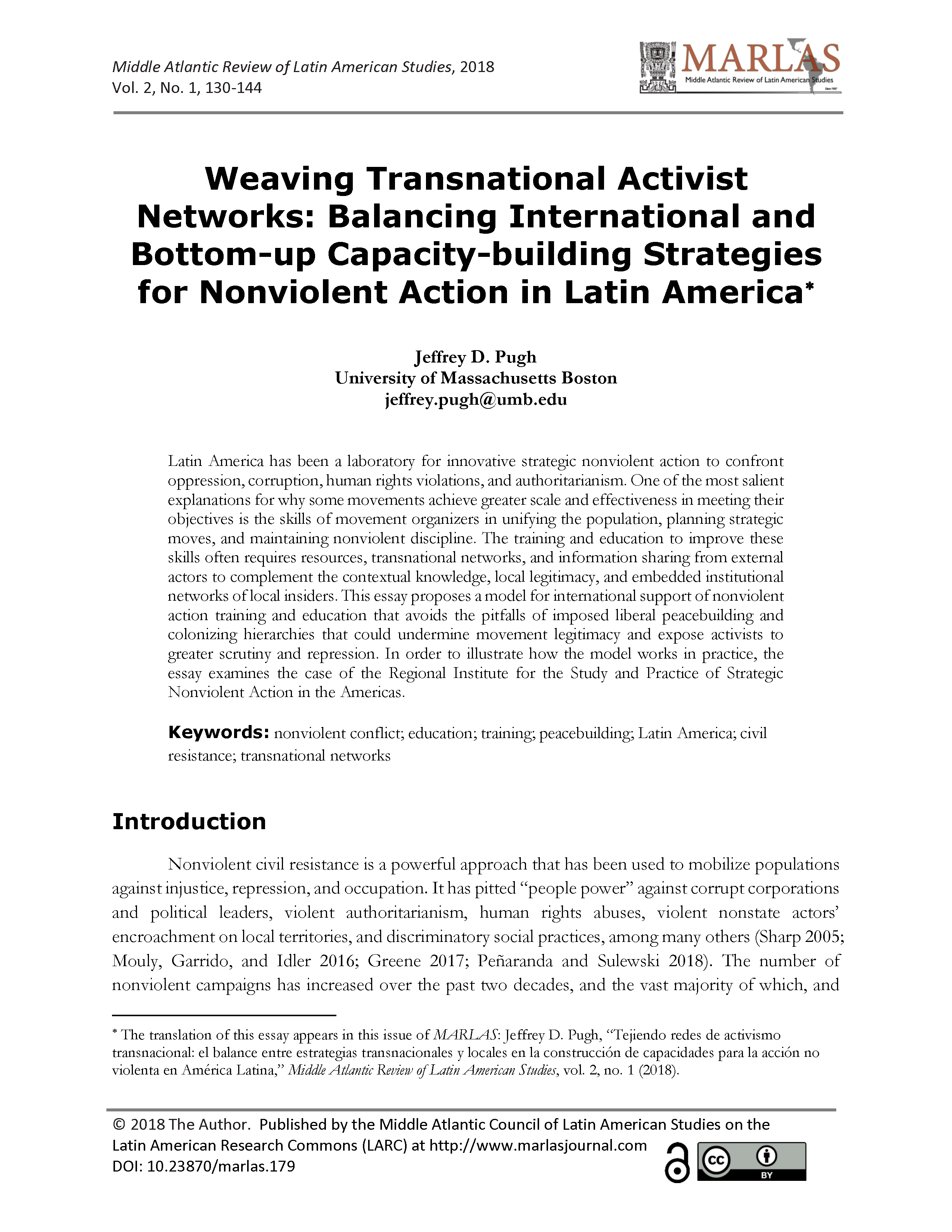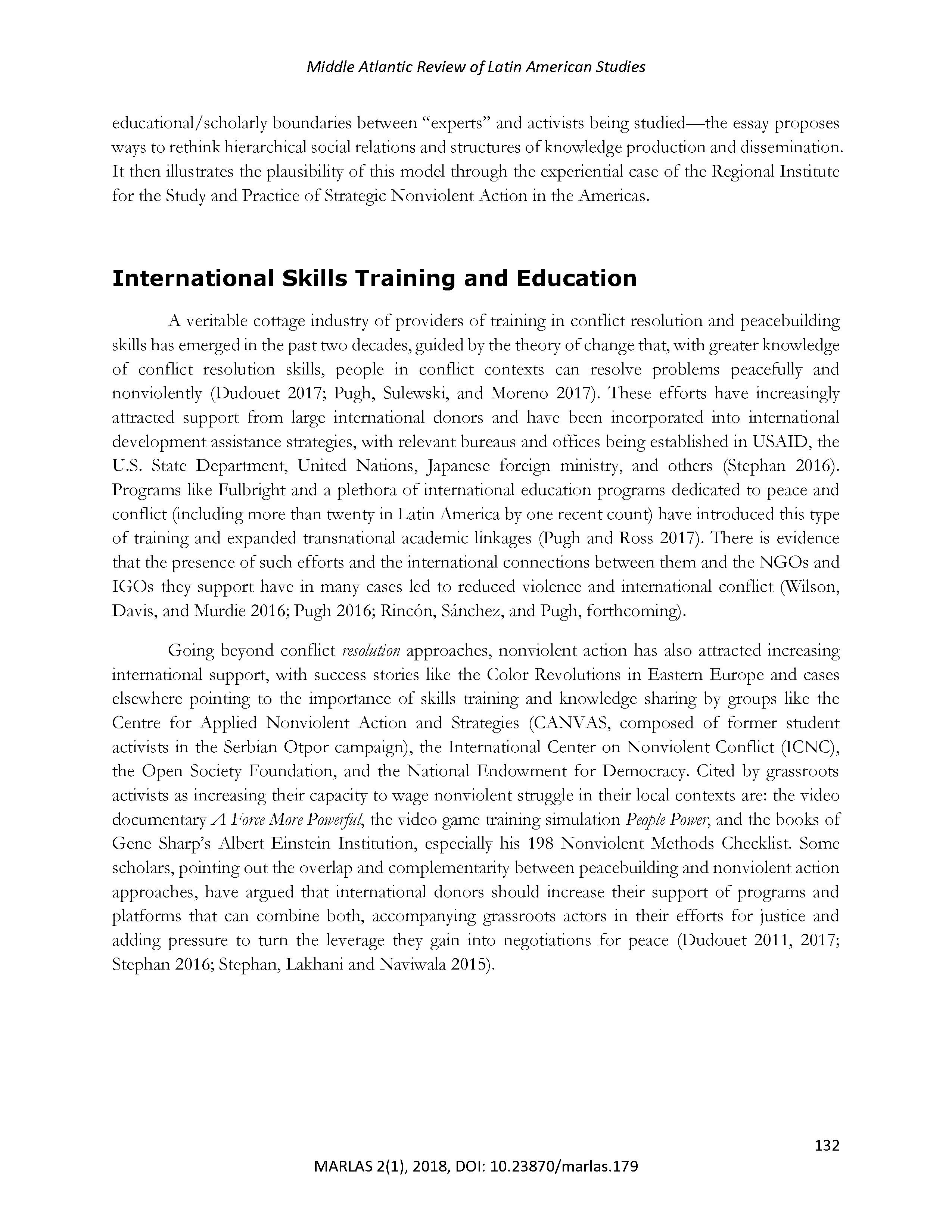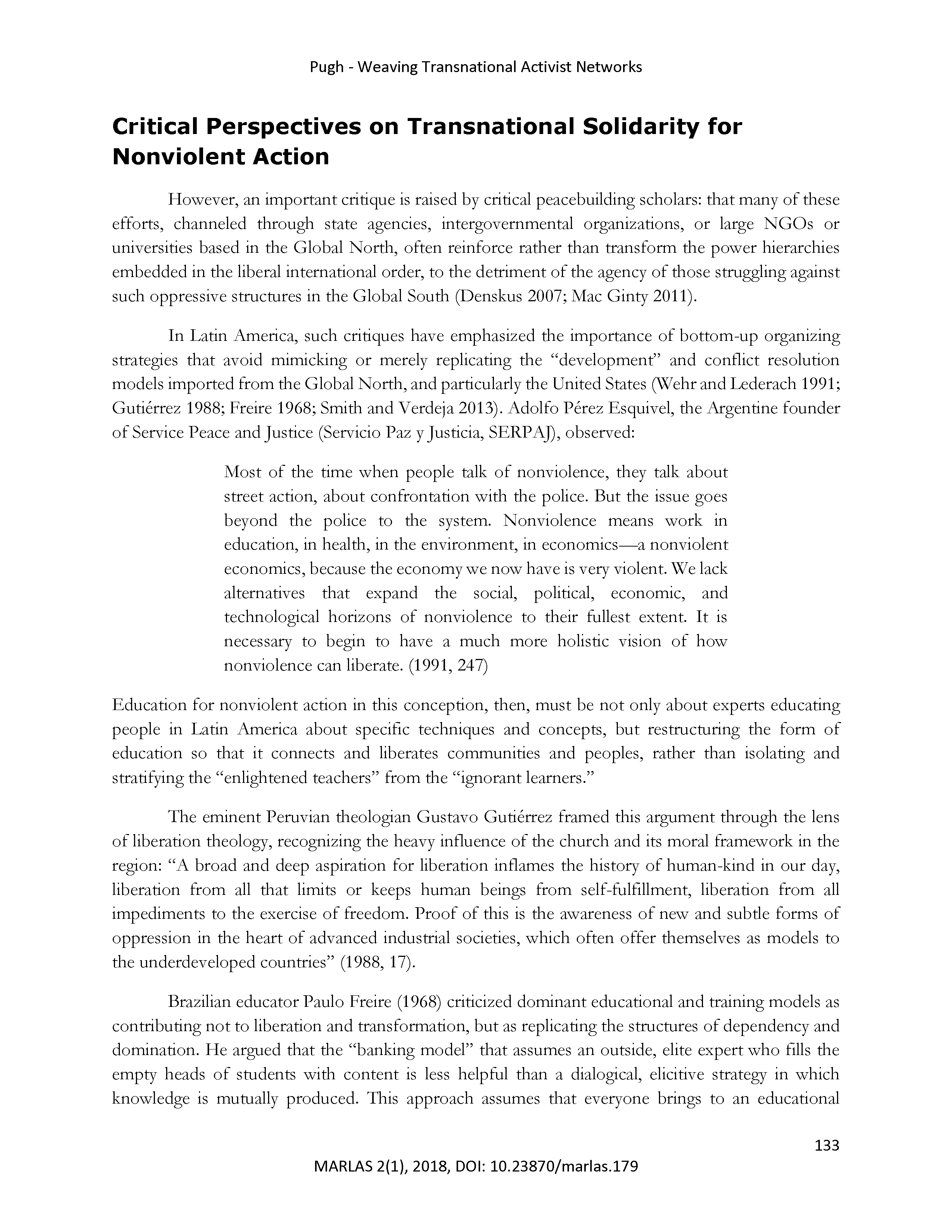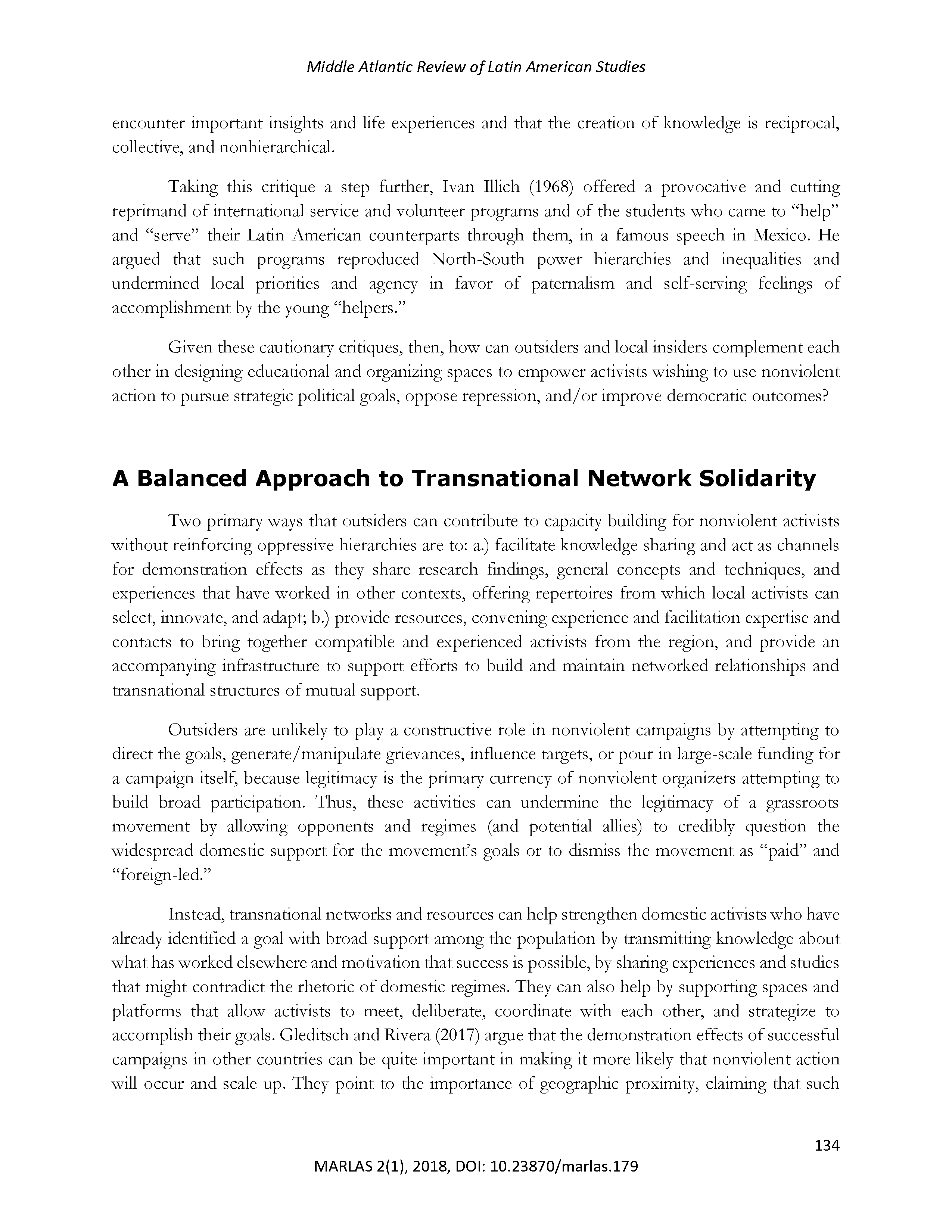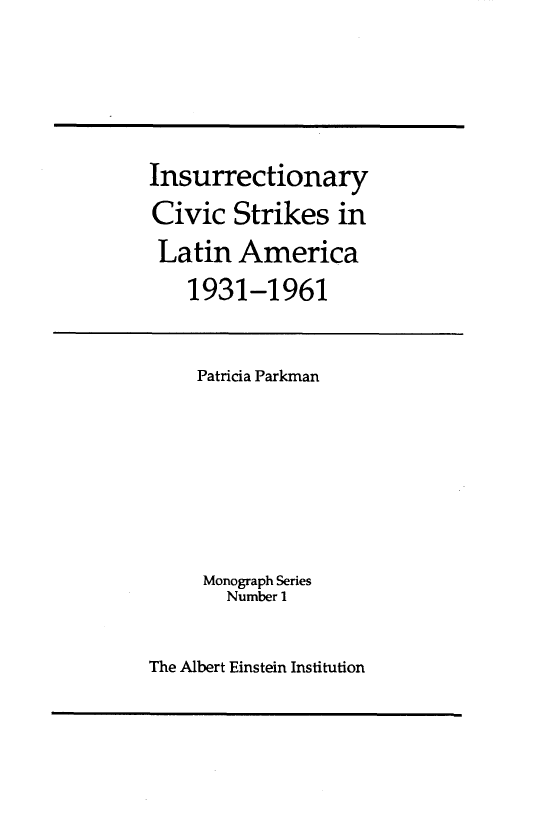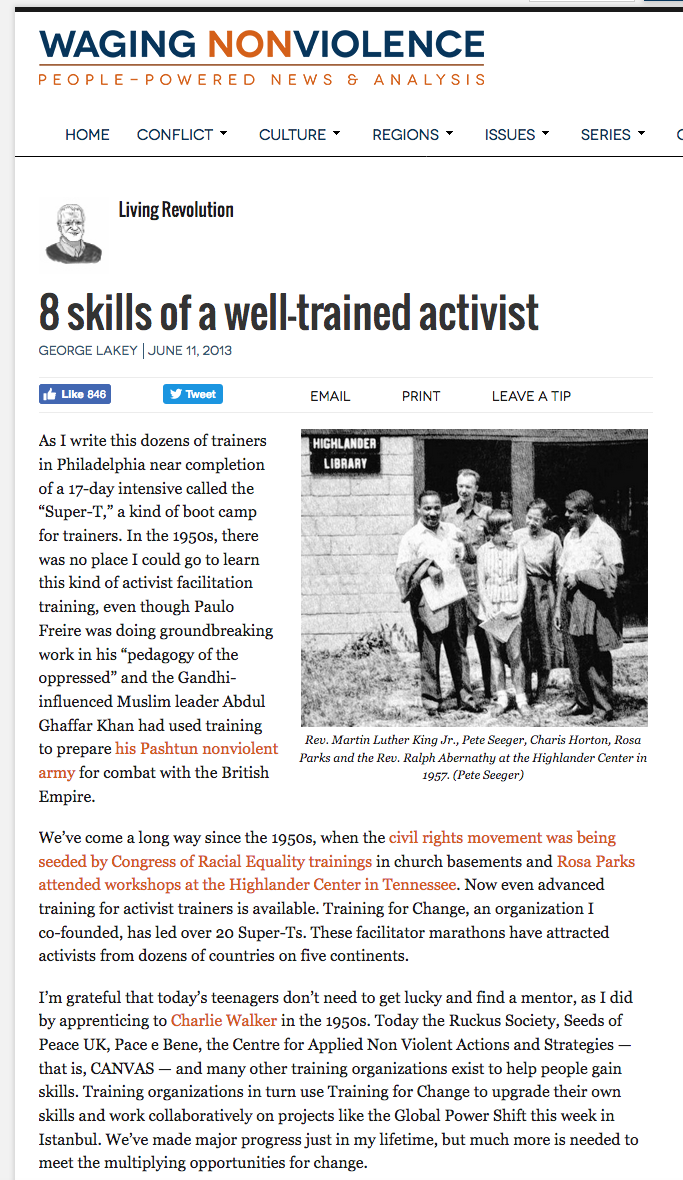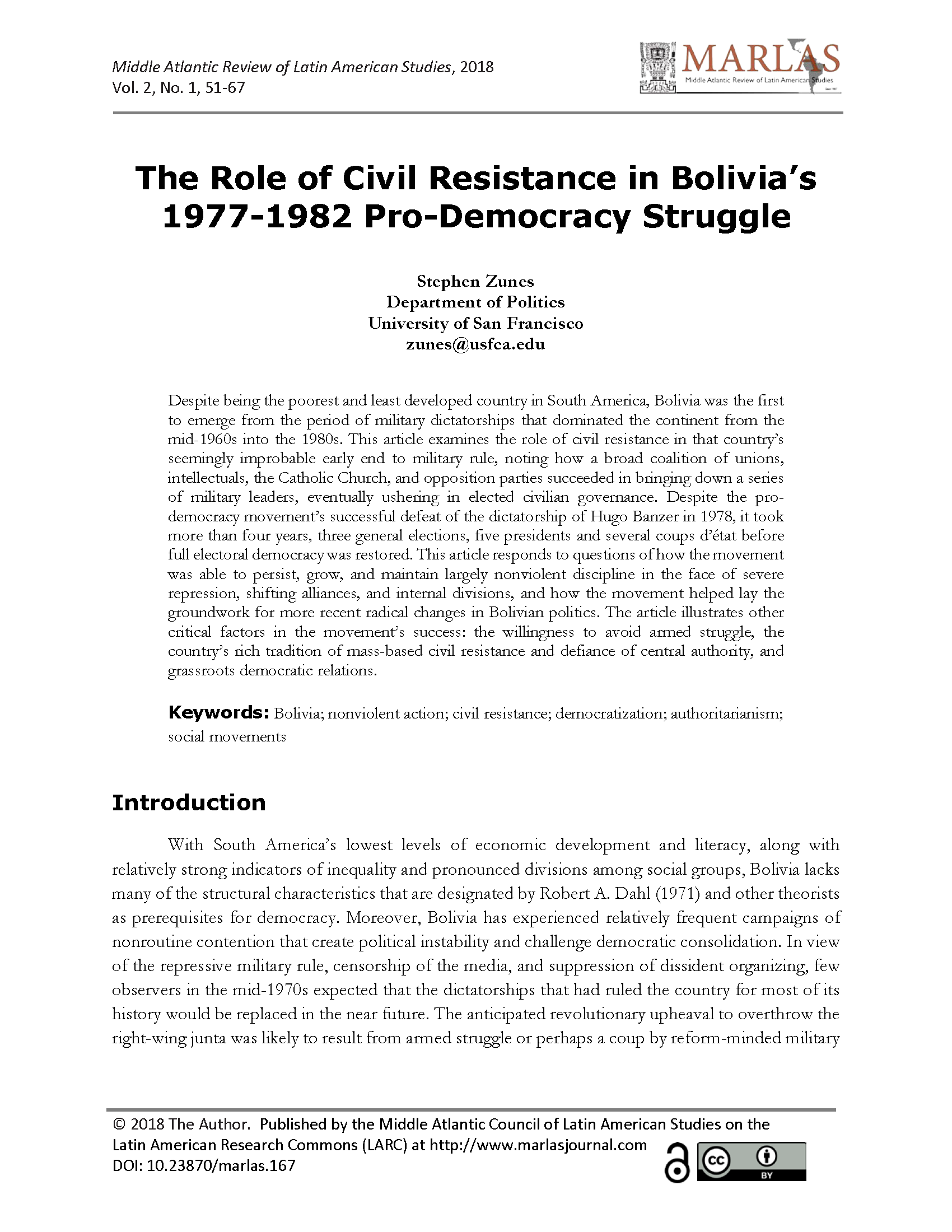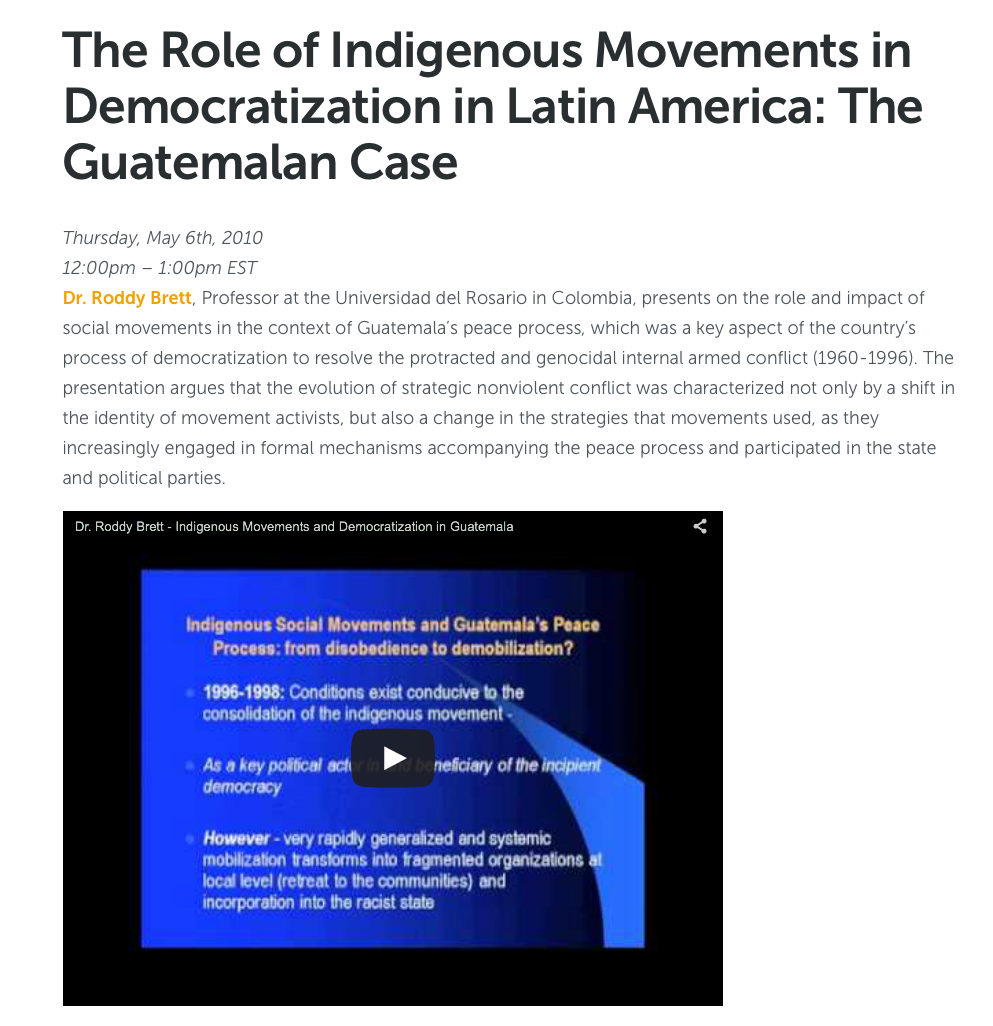Weaving Transnational Activist Networks: Balancing International and Bottom-up Capacity-building Strategies for Nonviolent Action in Latin America
Latin America has been a laboratory for innovative strategic nonviolent action to confront oppression, corruption, human rights violations, and authoritarianism. One of the most salient explanations for why some movements achieve greater scale and effectiveness in meeting their objectives is the skills of movement organizers in unifying the population, planning strategic moves, and maintaining nonviolent discipline. The training and education to improve these skills often requires resources, transnational networks, and information sharing from external actors to complement the contextual knowledge, local legitimacy, and embedded institutional networks of local insiders. This essay proposes a model for international support of nonviolent action training and education that avoids the pitfalls of imposed liberal peacebuilding and colonizing hierarchies that could undermine movement legitimacy and expose activists to greater scrutiny and repression. In order to illustrate how the model works in practice, the essay examines the case of the Regional Institute for the Study and Practice of Strategic Nonviolent Action in the Americas.
Middle Atlantic Review of Latin American Studies, 2018
Vol. 2, No. 1, 130-144
